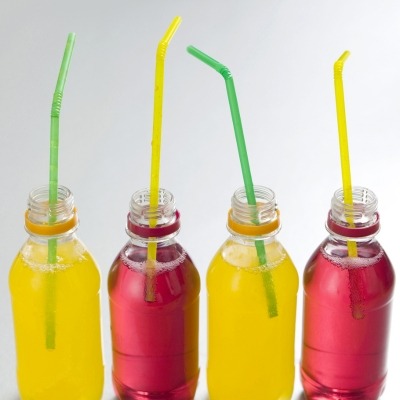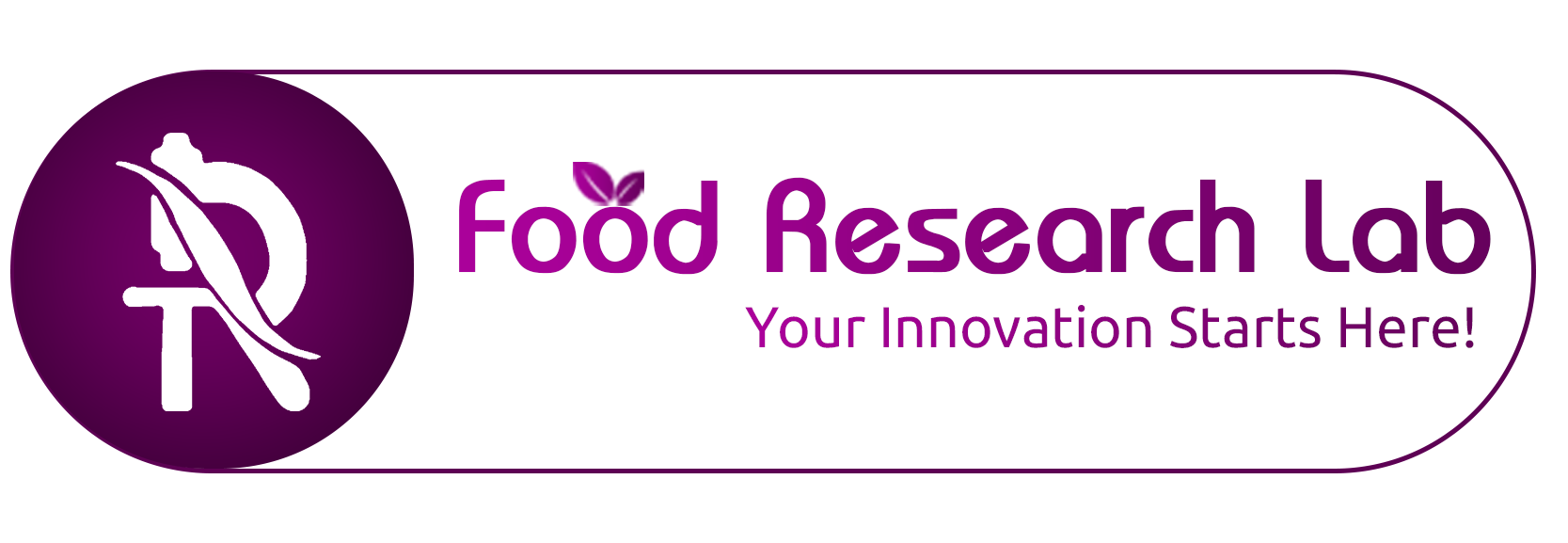Juice Drink Recall: Metal Contamination Concerns
Subject:
Juice drinks from various brands recalled due to possible metal contamination in straws
Products Recalled:
Refresco Beverages UK Limited recalls several juice drinks because of potential metal contamination in the straws.
Problem:
- Refresco Beverages UK Limited is recalling a variety of juice products on December 19, 2023. The recall is conducted because the straws in the beverages may be contaminated with metal, making them unsafe and thereby posing a potential hazard. Consumers are being asked to return the products listed back to Refresco Beverages UK Limited. The company has also sent a recall letter to all its consumers. The recall letter explains why the products are being recalled and renders advise to consumers about what they need to do if they had purchased the products [1].
Scientific Evidence:
- Heavy metals are chemical elements that are harmful to the human body. Heavy metals can be harmful in large concentrations or after prolonged exposure. These components express the capacity to travel and concentrate in numerous organs, resulting in a variety of health conditions [2]. Lead, for example, alters enzyme function and has been related to cancer, mutagenesis, and erotogenesis in experimental animals. The symptoms and clinical findings of heavy metal toxicity differ depending on the metal deposited. Headaches, vomiting, abdominal pain, loss of appetite (anorexia), constipation, slurred speech (dysarthria), changes in kidney function, unusually high levels of protein in the blood (hyperproteinemia), and unusual pale skin (pallor) due to a low level of iron in the red blood are some of the symptoms Many heavy metals, such as zinc, copper, chromium, iron, and manganese, are required by the body in trace amounts. However, if these metals accumulate in the body in such proportions to induce poisoning and significant harm might occur [4].

What Regulations Clarify:
- Regulation 315/93/EEC contains the principles of EU regulation on contaminants in food.
- Food having contaminants at an amount that is objectionable from the standpoint of public health, particularly at a toxicological level, should not be placed on the market.
- Contaminant levels must be kept as low as practically possible by adhering to prescribed good manufacturing practices.
- To safeguard public health, certain contaminants must have maximum limits specified.
- Regulation EC 1881/2006 establishes limit amounts of contaminants in foods such as lead, cadmium, mercury, and inorganic tin. It excludes radioactive substances. Regulation EC 333/2007 governs the sampling and analytical procedures used for the official regulation of certain metals’ maximum values. The Council Directive 96/23/EC specifies the monitoring of chemical element residues in meats of animal origin. (5)

Let’s create something Innovative and Delicious together
Food Research Lab strives for excellence in new Food, Beverage and Nutraceutical Product Research and Development by offering cutting edge scientific analysis and expertise.




